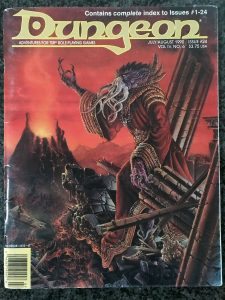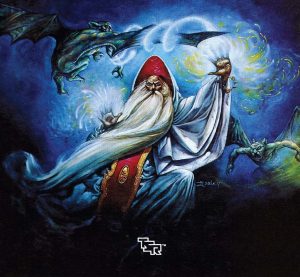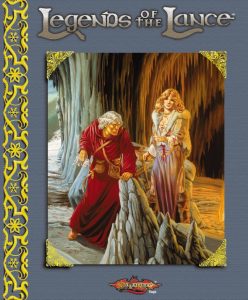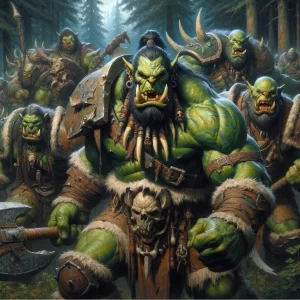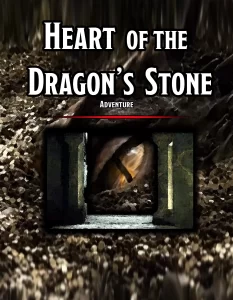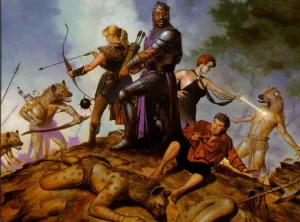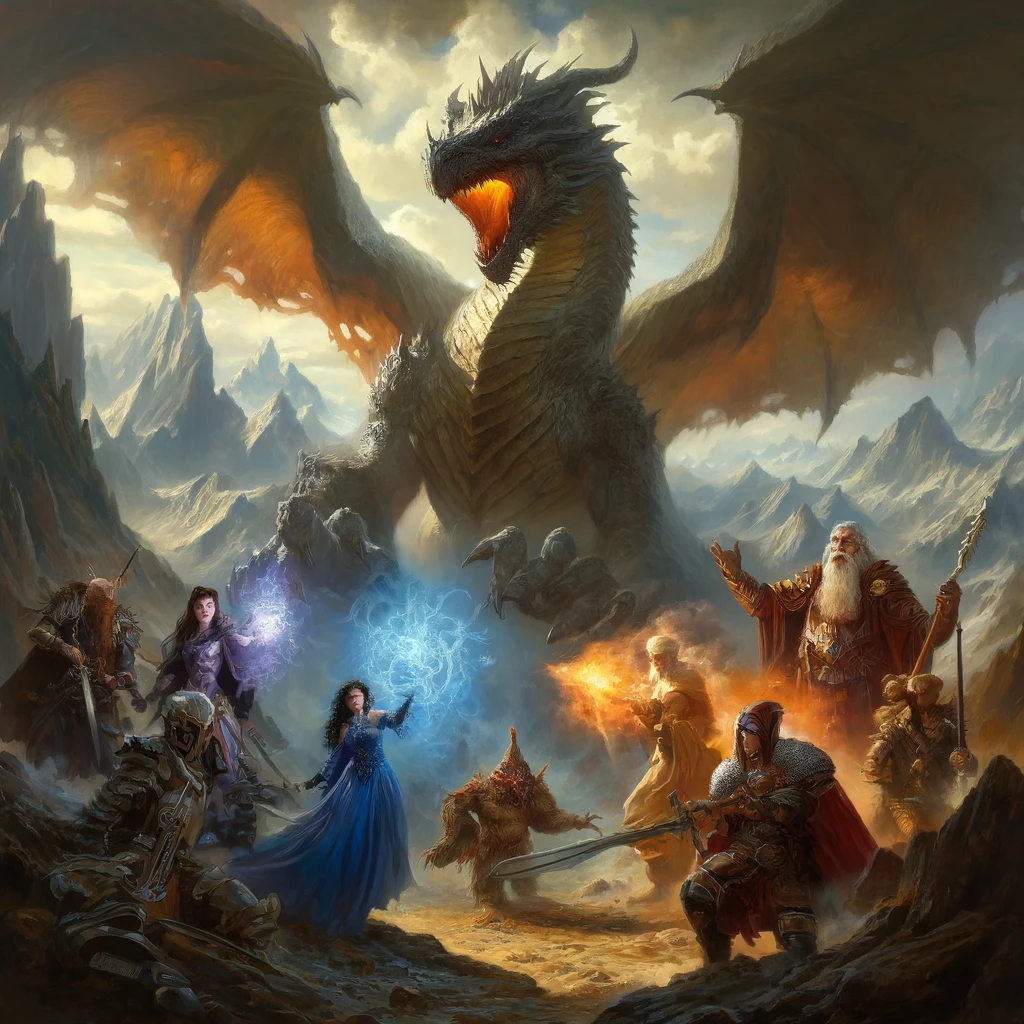
For this article, I will refer to Game Master as Dungeon Master. Dungeon Mastering (DMing) for high-level campaigns in tabletop role-playing games like Dungeons & Dragons (D&D) and Pathfinder presents unique challenges and opportunities. As players' characters grow in power and influence, the stakes of their adventures should rise accordingly. This article provides comprehensive guidance on how to effectively DM for experienced player groups, ensuring that sessions remain engaging, challenging, and fun at higher levels.
Managing these high-powered sessions requires a nuanced approach to both the world-building and the rules. High-level characters operate on a scale that can affect entire regions or even planes of existence. This demands a world that reacts and changes based on their actions and decisions. For example, a high-level party's choice to ally with a dragon could lead to a war with a kingdom or an alliance with a wizard's guild. Therefore, DMs need to prepare flexible scenarios and environments that can dynamically evolve based on player interactions. This dynamic setting not only challenges the players but also deepens their investment in the role-playing world.
Moreover, high-level play offers a chance to explore more complex narrative themes and deeper character development. Characters at this stage likely have well-established backstories and personal goals that can be woven into the main plot. As a DM, tapping into these personal narratives can make for compelling storytelling and provide a richer, more personalized gaming experience. Encounters and adventures should challenge not only the players' strategic skills but also their moral values and personal aspirations, which can lead to more thoughtful and engaging sessions.
Understanding the Dynamics of High-Level Play
At higher levels, players' characters have access to potent abilities, substantial resources, and significant political sway within the game world. This shift dramatically alters the dynamics of play:
Complexity in Abilities: Characters can perform feats that affect entire regions or dimensions, necessitating a broader scope of campaign planning. As characters reach these upper echelons of power, the abilities they wield are not just enhanced in scale but also in their potential consequences and strategic importance. High-level spellcasters, for example, might have access to spells like Wish or Miracle, which can alter realities or reshape aspects of the world itself. Similarly, warriors at high levels might command armies or lead guilds, shifting the balance of power in significant ways.
This escalation in abilities requires Dungeon Masters to expand the scope of their campaigns. Encounters should not only reflect the power levels appropriate for such characters but also the broader political, social, and environmental implications of their actions. This could involve scenarios where characters need to manage the fallout from their powerful abilities, such as accidentally causing natural disasters or being called to account for altering the course of history. Integrating these abilities into the campaign allows for a richer narrative fabric, where players must think critically about the broader impact of their characters' actions and decisions, enhancing both the complexity and depth of the gameplay.
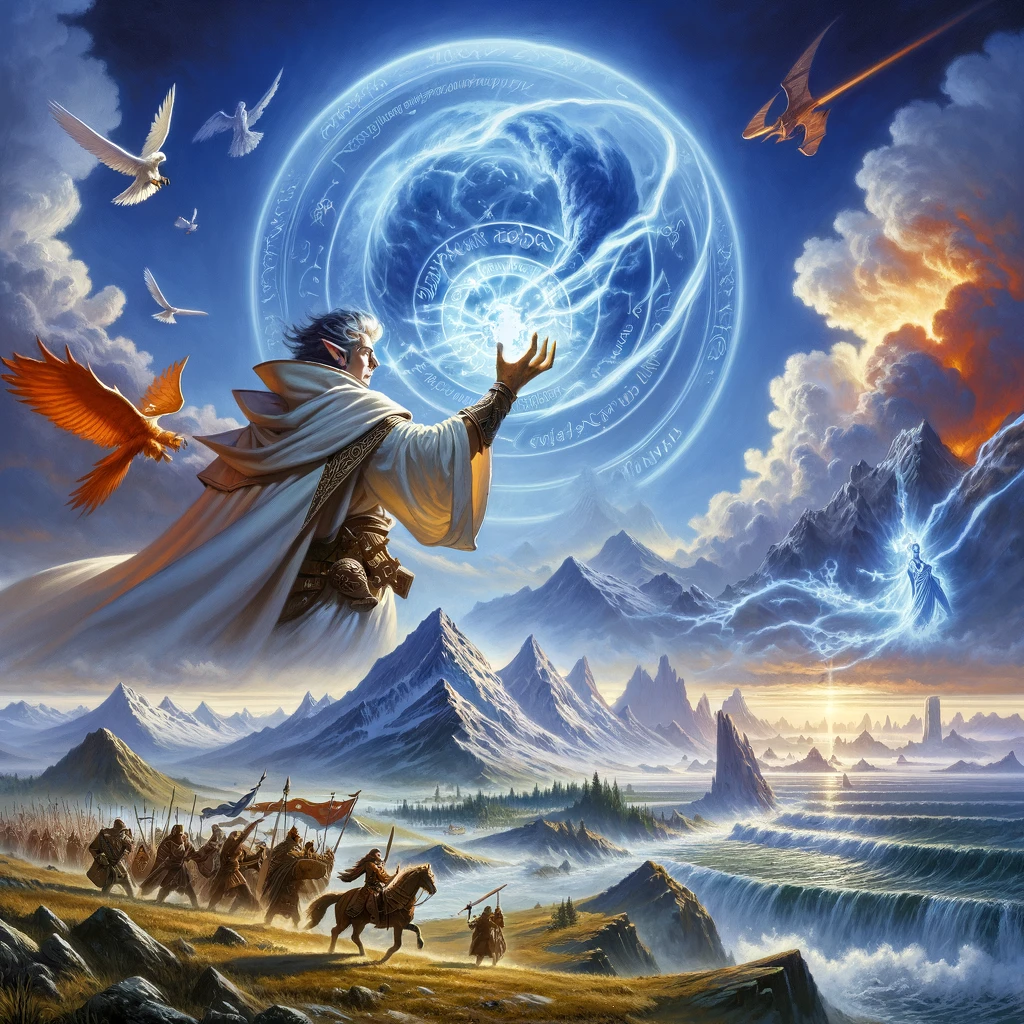
Resource Management: Players often have access to vast resources, including powerful magic items, large sums of money, and extensive networks of allies. At higher levels, managing these resources becomes a pivotal aspect of gameplay that can significantly influence the course of a campaign. For example, a well-equipped party with ample resources can establish strongholds, fund armies, or exert economic influence over cities and kingdoms. This introduces a strategic layer to the game where resource allocation and investment decisions can have as much impact as combat tactics.
Additionally, the abundance of resources available to high-level players requires the Dungeon Master to craft scenarios that challenge the players' ability to manage and utilize these assets effectively. This might involve dilemmas where players must decide between investing in their strongholds or saving their funds for future, unforeseen expenses. It can also lead to political intrigue, as local rulers and other power brokers vie for the allegiance or opposition of these powerful adventurers. Incorporating these elements into your campaigns not only adds depth to the role-playing experience but also provides a more realistic simulation of power dynamics, where wealth and allies are crucial for maintaining influence and authority.
Narrative Depth: The narrative must scale with the characters' capabilities, often involving intricate plots and high-stakes conflicts that can alter the fabric of the game world. As players' characters ascend to higher levels, their actions and decisions should carry weight that influences not only their immediate surroundings but also the broader geopolitical landscape. This requires a narrative that is not only deep but also expansive, incorporating complex story arcs that intertwine personal character development with epic world-altering events.
For instance, a high-level campaign might involve thwarting a multi-dimensional invasion that threatens the entire cosmos, or resolving a godly conflict that could reshape the pantheon and influence the religious beliefs of entire civilizations. Such scenarios offer opportunities for players to engage in diplomacy and warfare on a grand scale, negotiating alliances, and making decisions that could establish or topple empires. To effectively manage this narrative depth, Dungeon Masters need to carefully craft each session to gradually build up to these monumental events, ensuring that the story unfolds in a manner that is both logically consistent and emotionally engaging for the players. This level of narrative crafting not only challenges the players but also deeply immerses them in a dynamically evolving world where their choices have real, lasting impacts.
Adjusting Game Mechanics for High-Level Campaigns
Challenge Appropriation: Ensuring that encounters remain challenging without being punitive is crucial. This involves designing encounters that test the limits of the players' strategic capabilities and resources. Incorporating enemies that can exploit the party's weaknesses or scenarios that require more than brute force to resolve can keep the game engaging. At higher levels, this often means creating conflicts that require thoughtful planning, adaptability, and the clever use of resources. Enemies should not only be strong but also smart, employing tactics that counter the players' strengths and exploit their vulnerabilities.
For example, instead of merely increasing the hit points or damage output of monsters, Dungeon Masters can introduce adversaries with unique abilities that challenge the party's usual strategies. A foe with the ability to nullify magic can drastically change the dynamic for a spell-heavy party, forcing them to think beyond their standard spells. Similarly, enemies with complex motives or those that can influence the political landscape provide opportunities for intrigue and strategy beyond the battlefield. Engagements can also be designed with environmental challenges that require players to think critically about the terrain and their surroundings. This multifaceted approach to encounter design ensures that high-level play remains both stimulating and rewarding, pushing players to evolve and adapt as they progress through the campaign.
Scaling Enemies: At higher levels, simply adding more hit points or increasing the damage output of enemies might not suffice. Instead, consider enemies with unique abilities, strategic intelligence, and their own objectives. Enemies should be capable of tactical retreats, calling reinforcements, or using the environment to their advantage. This approach ensures that battles remain unpredictable and challenging, requiring players to continually refine their tactics and approach.
To effectively implement this strategy, Dungeon Masters can design adversaries who are not only powerful but also cunning and resourceful. For instance, a high-level antagonist might use guerrilla tactics, striking swiftly and then vanishing before the heroes can mount a counterattack. Such foes could manipulate the battlefield by altering terrain, setting traps, or employing magical effects that change the dynamics of the fight. Additionally, intelligent enemies might recognize the strengths and preferences of the party and adapt their strategies in subsequent encounters, learning from previous battles and refining their tactics to counter the players' moves.
Moreover, by giving these enemies distinct personalities and motivations, DMs can create more immersive and compelling narratives. These adversaries can become recurring characters in their own right, with goals that evolve over time and actions that have a tangible impact on the world. Such developments enrich the story and elevate the role of combat within it, intertwining the fight sequences with the broader narrative to create a cohesive and dynamic campaign.
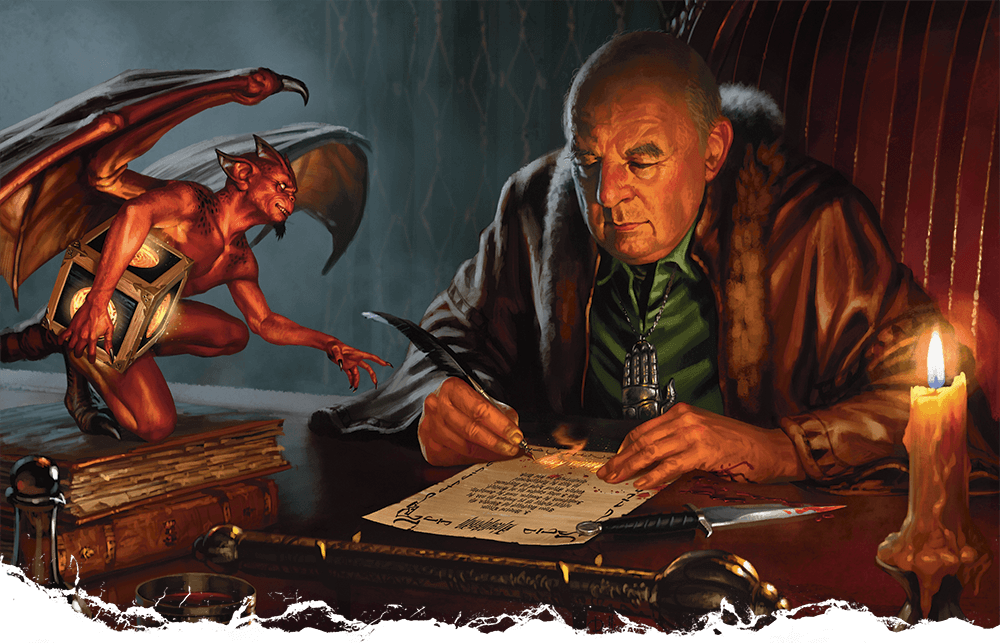
Balancing Magic: Magic becomes a significant aspect of gameplay at higher levels. DMs should be prepared to handle complex magical effects that can alter the course of an encounter. This includes having a firm grasp of the rules for spell interactions and possibly introducing custom spell effects to surprise seasoned players. As characters gain access to higher-tier spells, the potential for these spells to shape not just individual encounters but entire campaigns increases dramatically. DMs need to ensure that magic remains a tool that enhances the narrative and gameplay rather than overshadowing other aspects or unbalancing the game.
To manage this, DMs can develop a deeper understanding of the magic system within their chosen RPG, whether it's D&D, Pathfinder, or another system. They should be comfortable with the mechanics and potential implications of high-level spells, and how these can interact with the world they've created. For instance, spells that allow players to alter time, change weather, or resurrect the dead can have significant ramifications on the story and require careful consideration in terms of how frequently and under what circumstances these powers can be used.
Furthermore, introducing custom spell effects or unique magical items can add an element of surprise and novelty to the gameplay. These custom elements should be balanced carefully; they should provide exciting new options without rendering other abilities or strategies obsolete. Creative use of magic in the campaign can lead to memorable moments that players will talk about for years to come, but this requires a balanced approach to ensure that all players have a chance to shine and contribute to the group's success.
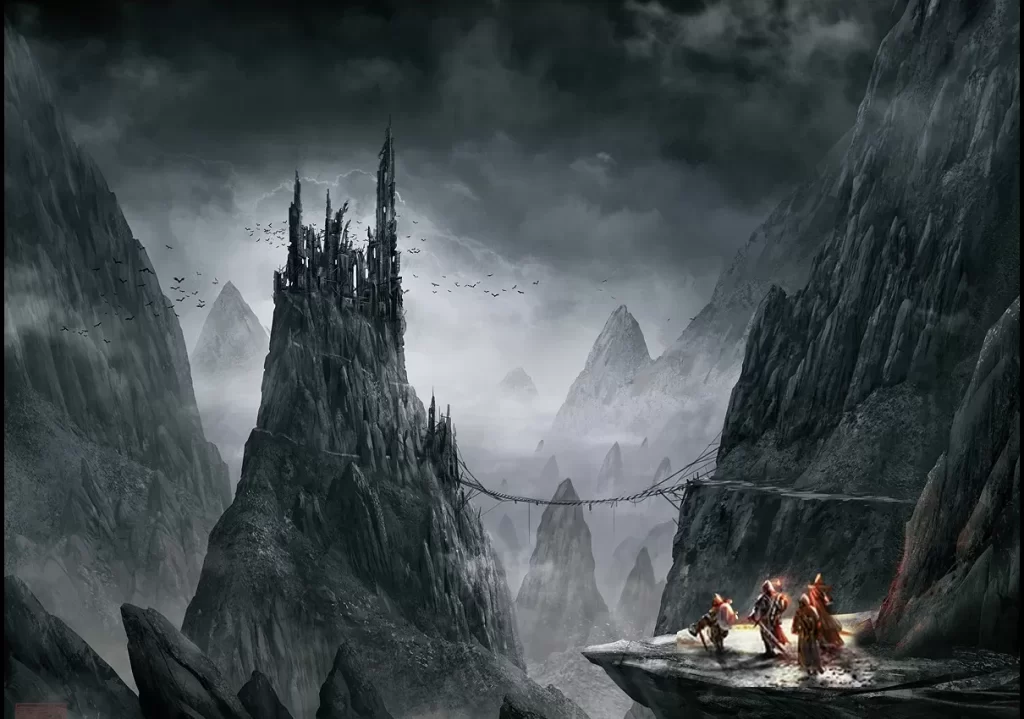
Enhancing Storytelling in High-Level Campaigns
Epic Storylines: The narrative should reflect the characters' growth and power. Campaigns can revolve around epic themes such as saving the world from an apocalyptic threat, facing off against gods, or altering the political landscape of entire kingdoms. To effectively implement these grand story arcs, consider integrating world-shaping events that are directly influenced by the players' actions, such as decisions that lead to the rise or fall of empires or shifts in the balance between supernatural forces. These plotlines should challenge players to utilize both their increased capabilities and their moral compass, as the consequences of their choices can affect countless lives across the game world.
Player Agency: High-level players often seek greater control over the narrative. Facilitate this by allowing their decisions to have significant and visible impacts on the game world. This could mean letting them lead armies, manage territories, or negotiate with other power players in the world. To enhance player agency, create scenarios where their strategic decisions, from diplomatic choices to battle tactics, directly influence the outcome of larger conflicts or quests. Additionally, provide opportunities for characters to use their personal influence and resources to build alliances or create lasting institutions, further integrating their characters into the fabric of the game's universe.
Personal Stakes: Keep the story personally relevant to the characters by linking the plot to their backgrounds, ambitions, and past decisions. This helps maintain engagement even as the external stakes are amplified. For instance, if a character has a nemesis or a long-lost relative, incorporate these elements into the main storyline, perhaps as key figures in the overarching conflict or as catalysts for crucial plot developments. By weaving the characters' personal stories with the epic narrative, you create a richer, more emotionally compelling experience that resonates deeply with players, encouraging them to invest more fully in both their characters and the unfolding story.
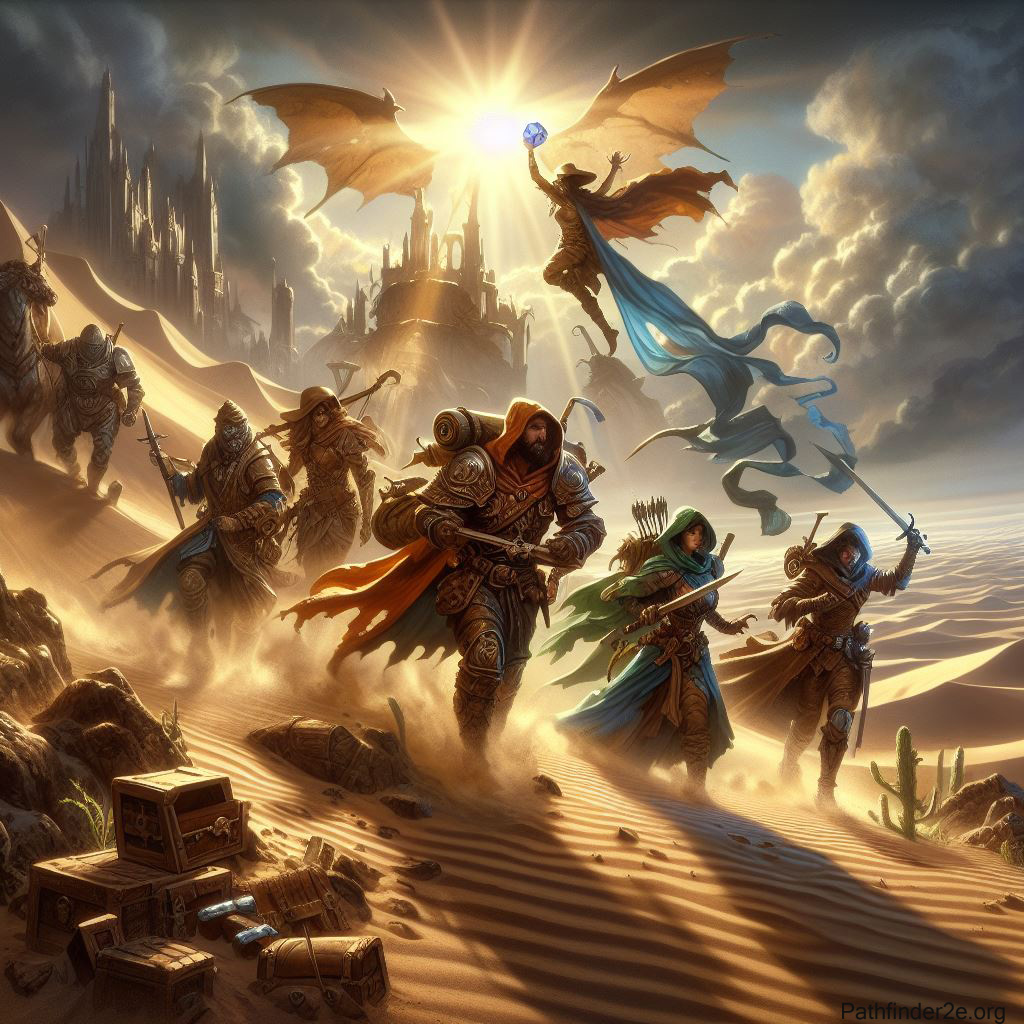
Practical Tips for DMing High-Level Games
Preparation is Key: High-level games usually require more preparation due to the complexity of the scenarios involved. This includes planning out potential outcomes of player actions, especially those that could significantly impact the world.
Flexibility in DMing: Be ready to improvise. High-level players will often come up with solutions that are unexpected, utilizing their abilities in creative ways that may not have been anticipated.
Use of Advanced Technology: Tools like digital maps and apps that can track complex states and scenarios can be incredibly helpful in managing the intricacies of high-level play.
Regular Check-ins: Given the high stakes and complex narratives, regular check-ins with players to discuss the campaign's direction and their characters' goals can be invaluable. This ensures everyone remains on the same page and is enjoying the progression of the campaign.
DMing for high-level campaigns in D&D and Pathfinder is both challenging and rewarding. By scaling challenges appropriately, embracing epic storytelling, and accommodating player agency, DMs can provide a fulfilling and memorable experience for their players. As characters ascend to the heights of their power, the adventures you craft for them should rise to meet them, leading to truly legendary tales in the annals of gaming history.
